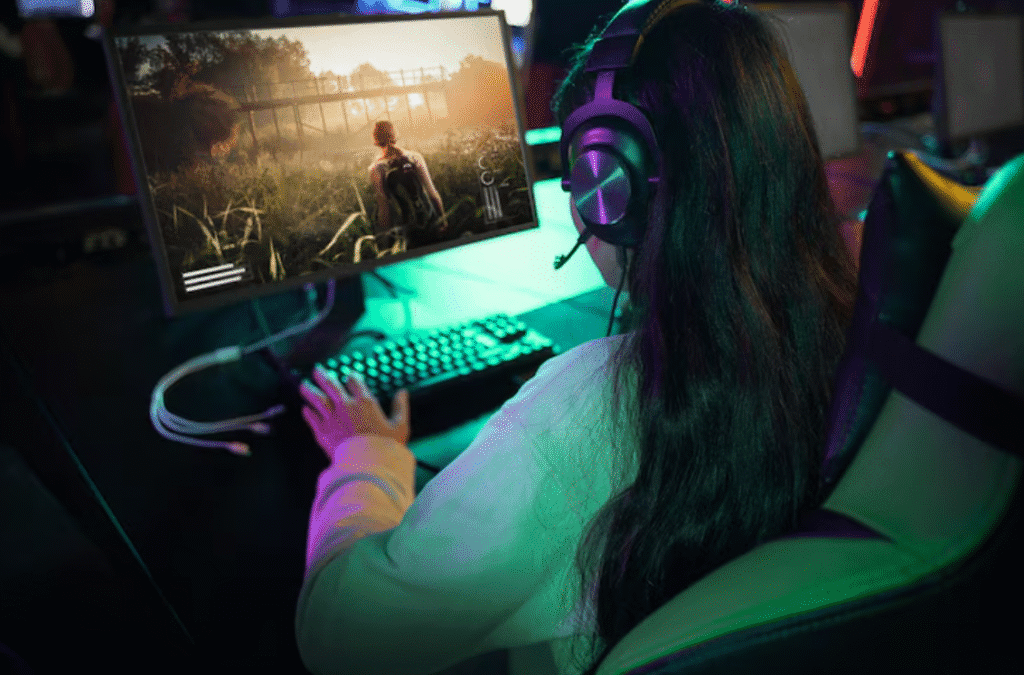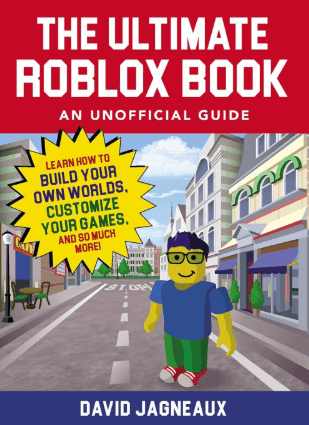Gaming isn’t just fun—it’s magnetic. Whether it’s the thrill of a battle royale win, the peace of building a virtual farm, or the satisfaction of solving a puzzle, games have a unique power to keep us coming back. But why?
The answer lies in psychology. Games aren’t just entertainment; they tap into deep human needs—achievement, connection, challenge, and escapism. Understanding the mental mechanics behind our gaming habits can help us play more mindfully and even appreciate games more fully.
1. The Reward Loop: Dopamine in Action
At the heart of gaming’s appeal is the reward system. Most games are built around a loop:
- You complete a task → You earn a reward → You feel good → You want to repeat it.
That feel-good hit comes from dopamine, a neurotransmitter associated with motivation and pleasure. Every level-up, loot drop, or achievement activates that dopamine response—especially when it’s unpredictable.
This is similar to how slot machines work, which is why loot boxes and randomized rewards are so controversial—they use variable reward systems that can mirror addictive gambling behavior.
2. Progression and Mastery
Humans love growth. Games give us visible proof of progress:
- Skill trees
- XP bars
- Ranked ladders
- Collectibles
Whether it’s grinding in Elden Ring, learning a combo in Street Fighter 6, or reaching platinum in League of Legends, that sense of mastery fuels us.
Games are one of the few places where effort almost always leads to results. That’s powerful—especially in real life, where progress can be slow or uncertain.
3. The Power of Choice and Control
Life is unpredictable. Games offer something we rarely get in reality: control.
In games, you can:
- Choose your path
- Redo your mistakes
- Pause when you need to
This sense of agency—especially in open-world games like The Legend of Zelda: Tears of the Kingdom or The Sims—is deeply satisfying. It fulfills our psychological need for autonomy and allows us to explore our identity safely.
4. Escapism and Emotional Safety
Let’s be real: sometimes we just need to check out for a while. Games offer a safe escape from stress, grief, or boredom. Studies show that during tough times (like the COVID-19 pandemic), many people turned to games as a coping mechanism.
Games like Stardew Valley, Animal Crossing, and Spiritfarer offer calm, nurturing spaces. Others offer adrenaline and catharsis—like blasting zombies or conquering alien empires.
As long as it doesn’t interfere with real-life responsibilities, escapism in gaming can be emotionally restorative.
5. Social Connection in a Digital World
Multiplayer gaming has changed the way we interact. From local co-op on the couch to global teams on Valorant or Apex Legends, games offer a new kind of digital hangout.
Voice chat, guilds, and Discord communities foster real friendships—sometimes deeper than those in real life. Especially for people with social anxiety, games can be a bridge to communication and belonging.
Games like Final Fantasy XIV and Minecraft are practically digital neighborhoods, where players form long-term relationships, collaborate creatively, and even host weddings.
6. Narrative and Emotion
Great games are also great stories. And stories are how humans make sense of the world.
Whether you’re helping a boy and his god-slaying father in God of War: Ragnarok or exploring grief and growth in Gris, video games create interactive emotional experiences. You live the character’s journey—and that can be deeply cathartic.
Research shows that emotionally engaging games can improve empathy and emotional intelligence.
7. Flow State: Total Mental Immersion
Ever get so into a game that you lose track of time?
That’s called flow—a psychological state where you’re fully immersed, focused, and enjoying the moment. Flow is most common when a challenge matches your skill level—hard enough to be engaging, but not frustrating.
Fast-paced games like Tetris, rhythm games like Beat Saber, and even turn-based strategy games like Slay the Spire can produce flow, making time melt away in the best way possible.
When Gaming Becomes a Problem
While gaming is mostly positive, overuse can lead to:
- Sleep loss
- Neglected relationships
- Decreased productivity
- Mental health challenges
In 2019, the World Health Organization recognized “gaming disorder” as a clinical condition—but it affects only a small percentage of players. The key isn’t to stop playing—it’s to play with intention.




